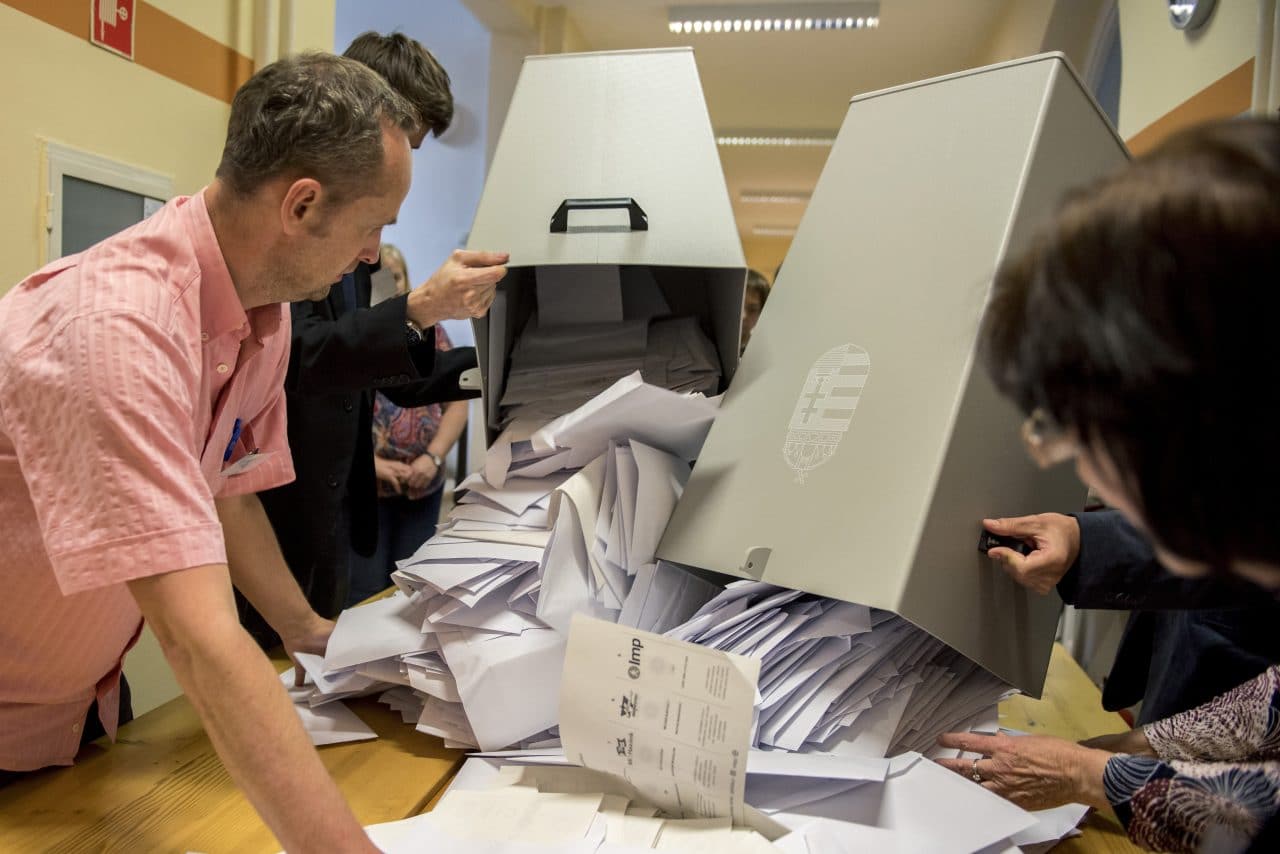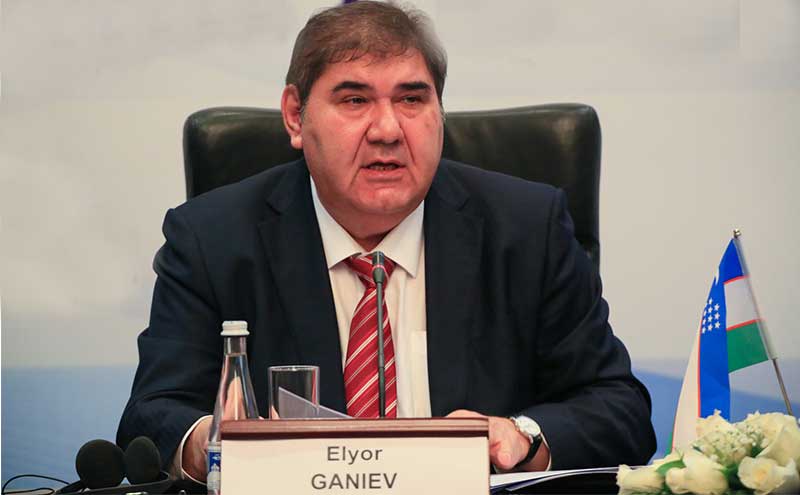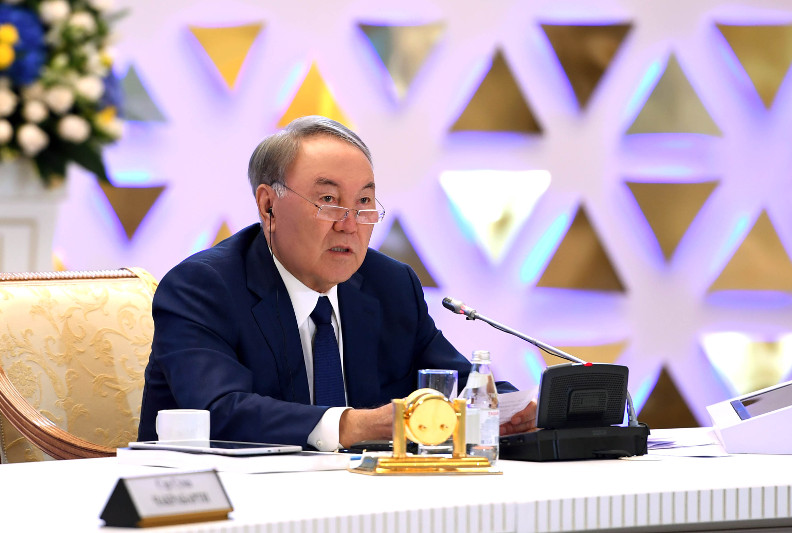
Balkan Insight (27 May 2019)
Voters in EU countries cast ballots from Thursday to Sunday in elections for the European Parliament – the largest democratic exercise in the Western world.
The polls saw voter turnout rise in many Balkan and Central European states, reflecting a wider trend across the EU, where an average of 50.95 per cent of voters cast ballots compared to 42.61 at the last European Parliament polls in 2014.
These are the results from Balkan EU members plus four Central European countries – the Czech Republic, Hungary, Poland and Slovakia.
Bulgaria: The ruling GERB party of Prime Minister Boyko Borissov won 30.77 per cent of the vote, which will probably transform into seven seats in the European Parliament.
The Bulgarian Socialist Party failed to muster votes beyond their traditional electorate and got 25 per cent of the vote, which will probably give them five seats.
The nominally liberal ethnic Turkish Movement for Rights and Freedoms, MRF, mobilised its core and gained 13.7 per cent of the vote, meaning it will get two or three MEP seats.
The nationalists from VMRO and the liberal centrists from the Democratic Bulgaria coalition are the only other two parties that will definitely have an MEP this time – or two, in the case of VMRO.
The VMRO got 8 per cent of the vote, while the Democrats get 6.9 – well above the expected 5.88 threshold to get a seat in the European legislature.
However, Bulgaria bucked the Europe-wide trend towards higher turnouts at these elections. Only about 30.7 per cent of Bulgarian voters (1.9 million voters) cast ballots before 7pm on Sunday, according to the Central Electoral Commission. In 2014, 35.84 per cent voted.
Romania: Romania registered a record on Sunday when 49.02 per cent of registered voters cast ballots in the European Parliament elections inside the borders of the country, nominating the 32 Romanian representatives.
The centre-right National Liberal Party scored 26.81 per cent of the total amount of votes, and won 10 seats.
The centre-left Social Democratic Party PSD won 23.39 per cent of the votes and nine seats, while the third-largest party, Save Romania Union and its ally Plus Party, gained 21.37 per cent.
Three other parties passed the 5 per cent threshold: Pro-Romania Party, People’s Movement Party and the Democratic Alliance of Hungarians in Romania.
The turnout for the elections was 49.02 per cent, the highest since Romania joined the EU in 2007. In comparison, the turnout in 2014 was 32.44 per cent.
Moldova: About 38,000 Moldovans with Romanian citizenship also voted on Sunday in a record number of polling stations opened by the Romanian authorities in the neighbouring country.
However, there were thousands of people who did not make it by polls close, due to huge queues, especially at the 12 polling stations in the capital Chisinau.
Croatia: The results of the European elections in Croatia were surprising for both the ruling Croatian Democratic Union party, HDZ and the main opposition Social Democrats, SDP.
Both lists won four seats in European Parliament, while according to projections before the elections, the HDZ was to win at least four seats, while the SPD, a party which has been in decline in recent years, was hoping for three seats.
Another surprise was a new, unaffiliated political player, Mislav Kolakusic, a prominent judge on Zagreb’s Commercial Court who had his own candidate list, and won one seat.
The liberal Amsterdam Coalition, populist Zivi Zid (Living Wall) and the Croatian Sovereigntists, an alliance of far-right parties, got one seat each.
The turnout was 29.65 per cent, up from 25.24 per cent in 2014.
Poland: The Polish electorate, 43 per cent of whom voted on Sunday, elected 52 MEPs, with 24 seats going to the ruling nationalist Law and Justice Party, PiS. PiS party leader, Jarosław Kaczynski, perceived as Poland’s ruler, celebrated success, saying that “the decisive battle for the future of our country will take place this autumn [at the next Parliament elections]”.
The European Coalition alliance, which brings together the Civic Platform, the main opposition force, and four other political parties, won 21 seats. It also sees the European elections as warm-up for the country’s parliamentary polls.
Two new parties won three seats each – the populist nationalists of the Confederation KORWiN Braun Liroy Nationalists and a newly-formed liberal party, Wiosna (Spring).
Turnout was 43 per cent, compared to 23.83 per cent in Poland in 2014.
Czech Republic: On a turnout of 28.72 per cent, Czech voters elected 21 MEPs, with the ruling centre-right ANO party of Prime Minister Andrej Babis coming out the winner. It won six seats, two more seats than in the 2014 elections, with 21.18 per cent of the vote.
The conservative Civic Democratic Party won four seats, and the Czech version of the Pirate movement won three. An alliance of TOP09 and Mayors and Independents got three seats each.
Freedom and Direct Democracy and Christian and Democratic Union – Czechoslovak People’s Party got two seats each, while the Communist Party of Bohemia and Moravia got one.
Turnout was 28.72 per cent, while in 2014 it was just 18.2 per cent.
Hungary: Out of 21 MEPs from Hungary, 13 will sit in European Parliament as representatives of the country’s ruling right-wing Fidesz party. The party won 52.33 per cent of the votes.
Commenting on the results, party leader and Prime Minister Viktor Orban said that with the high turnout (43.3 per cent) Hungary had proven that “it is a European nation” but is also also calling for change.
Socially liberal opposition party Democratic Coalition won four seats, Momentum Movement, a centrist political party, won two, while the Hungarian Socialist Party and the ultra-nationalist Jobbik party got one seat each.
Hungary had a turnout of 43.3 per cent, much higher than the 28.97 per cent of voters who cast ballots in 2014.
Slovakia: The European Parliament elections were won on Sunday by the coalition of Progressive Slovakia and Spolu (‘Together’) Party with 20.11 per cent of the vote. In the second place, Direction-Social Democracy (SMER) won 15.72 per cent, while the People’s Party – Our Slovakia (ĽSNS) took 12.07 per cent.
They were followed by the Christian Democratic Movement on 9.69 per cent; Freedom and Solidarity on 9.60 per cent and the Ordinary People and Independent Personalities Party on 5.25 per cent.
The turnout was 22.47 per cent, significantly higher than in 2014 when Slovakia had a turnout of 13.05 per cent, the lowest of all EU states.
https://balkaninsight.com/2019/05/27/european-elections-turnout-rises-in-balkans-central-europe/
No comments yet.
- UK PM'S TRADE AND INVESTMENT ENVOY ARRIVES IN ARMENIA The Caucasus and Turkish-Armenian Relations 27.05.2019
-
 DEPUTY PM OF UZBEKISTAN ARRIVED IN ISLAMABAD ON A TWO-DAY VISIT
Asia - Pacific
27.05.2019
DEPUTY PM OF UZBEKISTAN ARRIVED IN ISLAMABAD ON A TWO-DAY VISIT
Asia - Pacific
27.05.2019
- IRAQI PROTESTERS URGE BAGHDAD TO STAY OUT OF US-IRAN SHOWDOWN Iraq 27.05.2019
-
 NURSULTAN NAZARBAYEV TO ATTEND SUPREME EURASIAN ECONOMIC COUNCIL SITTING
Central Asia
27.05.2019
NURSULTAN NAZARBAYEV TO ATTEND SUPREME EURASIAN ECONOMIC COUNCIL SITTING
Central Asia
27.05.2019
- GREEN WAVE: HAS CLIMATE CHANGE IMPACTED THE EUROPEAN ELECTIONS? Europe - EU 27.05.2019
-
25.01.2016
THE ARMENIAN QUESTION - BASIC KNOWLEDGE AND DOCUMENTATION -
12.06.2024
THE TRUTH WILL OUT -
27.03.2023
RADİKAL ERMENİ UNSURLARCA GERÇEKLEŞTİRİLEN MEZALİMLER VE VANDALİZM -
17.03.2023
PATRIOTISM PERVERTED -
23.02.2023
MEN ARE LIKE THAT -
03.02.2023
BAKÜ-TİFLİS-CEYHAN BORU HATTININ YAŞANAN TARİHİ -
16.12.2022
INTERNATIONAL SCHOLARS ON THE EVENTS OF 1915 -
07.12.2022
FAKE PHOTOS AND THE ARMENIAN PROPAGANDA -
07.12.2022
ERMENİ PROPAGANDASI VE SAHTE RESİMLER -
01.01.2022
A Letter From Japan - Strategically Mum: The Silence of the Armenians -
01.01.2022
Japonya'dan Bir Mektup - Stratejik Suskunluk: Ermenilerin Sessizliği -
03.06.2020
Anastas Mikoyan: Confessions of an Armenian Bolshevik -
08.04.2020
Sovyet Sonrası Ukrayna’da Devlet, Toplum ve Siyaset - Değişen Dinamikler, Dönüşen Kimlikler -
12.06.2018
Ermeni Sorunuyla İlgili İngiliz Belgeleri (1912-1923) - British Documents on Armenian Question (1912-1923) -
02.12.2016
Turkish-Russian Academics: A Historical Study on the Caucasus -
01.07.2016
Gürcistan'daki Müslüman Topluluklar: Azınlık Hakları, Kimlik, Siyaset -
10.03.2016
Armenian Diaspora: Diaspora, State and the Imagination of the Republic of Armenia -
24.01.2016
ERMENİ SORUNU - TEMEL BİLGİ VE BELGELER (2. BASKI)
-
AVİM Conference Hall 24.01.2023
CONFERENCE TITLED “HUNGARY’S PERSPECTIVES ON THE TURKIC WORLD"









